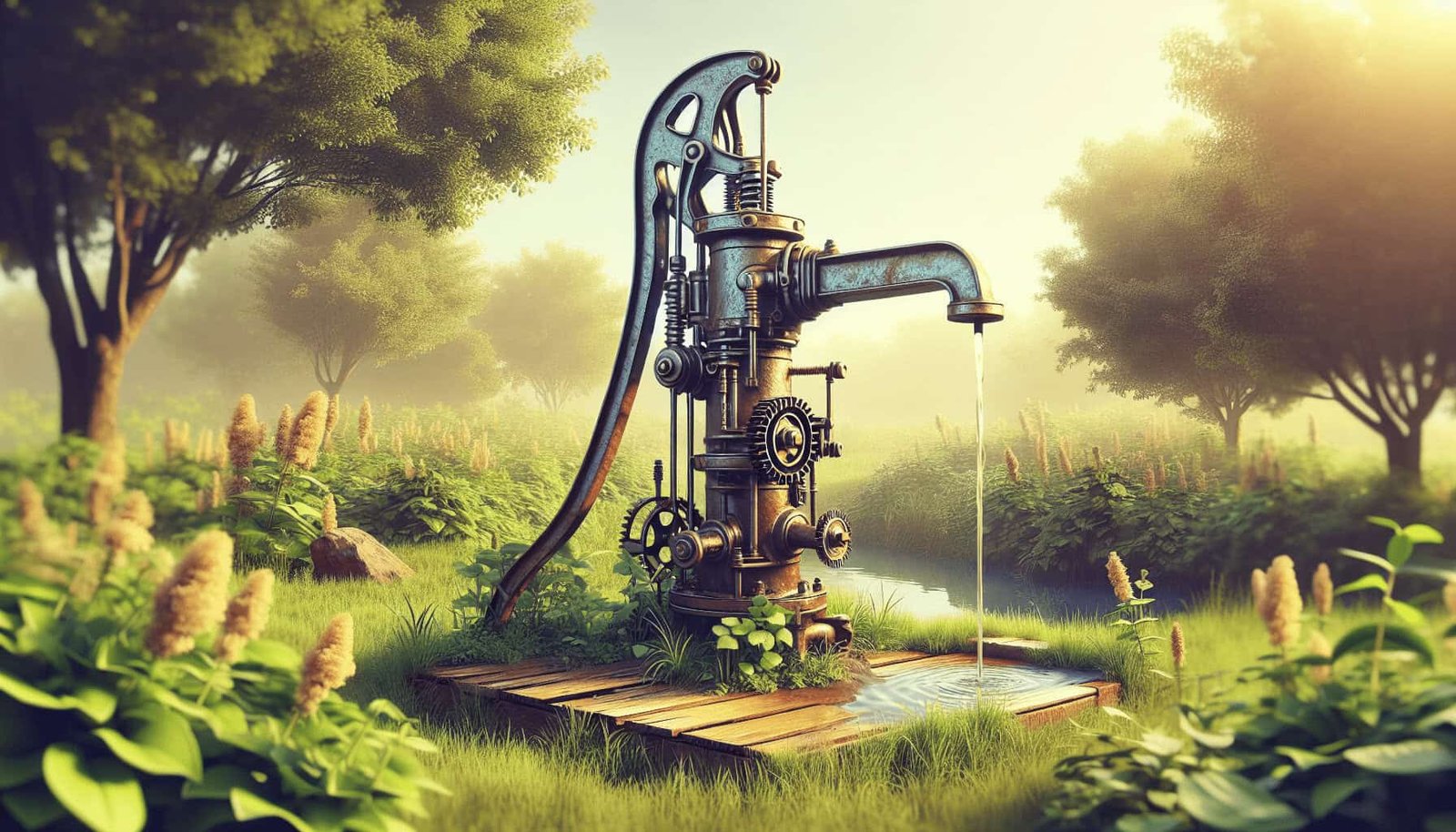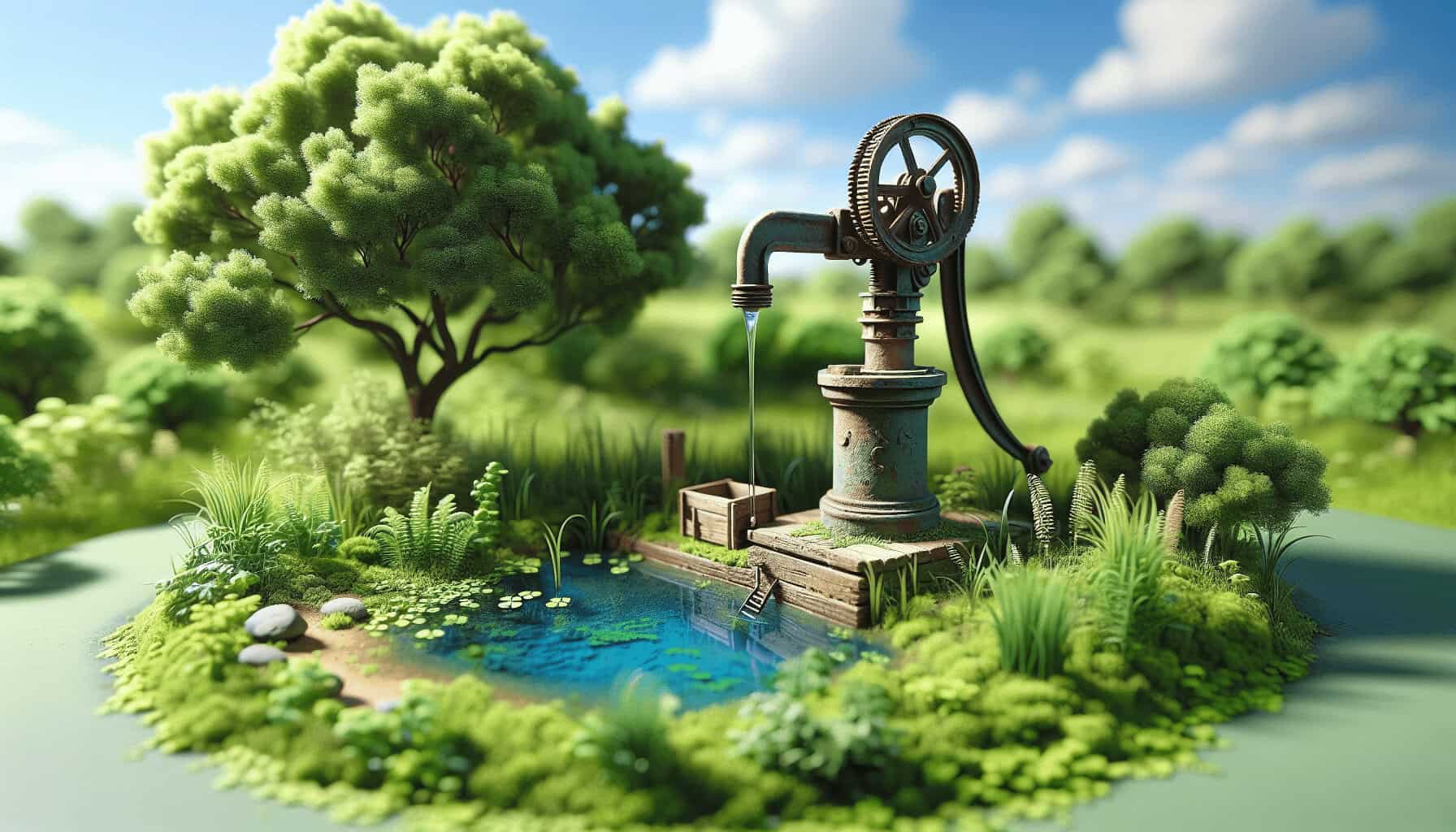Have you ever considered what issues might arise with your water well pump? It’s a crucial component in ensuring you have a steady water supply for daily activities, yet it often goes unnoticed until a problem occurs. Understanding the common issues that can occur with water well pumps can be incredibly beneficial for you, especially if you rely on it for your household’s water needs.
Understanding Water Well Pumps
Before delving into the most common issues, it’s important to have a basic understanding of what a water well pump is and how it functions. Water well pumps are mechanisms that draw water from underground wells and deliver it to your home. These pumps are essential for making well water accessible, especially in rural areas where municipal water supply isn’t available.
Types of Water Well Pumps
There are several types of water well pumps, each designed for specific well conditions and water needs. The most common types include submersible pumps, jet pumps, and centrifugal pumps.
Submersible Pumps: These pumps are installed deep within the well, completely submerged in water. They are known for their efficiency and ability to push water to the surface.
Jet Pumps: Positioned above ground, these pumps work by creating suction to draw water from the well. They are ideal for shallow wells but can also be used for deeper wells with the help of additional configurations.
Centrifugal Pumps: These are typically used for shallow wells and work by creating centrifugal force to move the water.
Understanding the differences between these pump types can help you identify potential issues and solutions more easily.

Common Issues With Water Well Pumps
Despite their essential role, water well pumps can encounter various problems. Knowing these common issues can help you troubleshoot and resolve them promptly, ensuring a consistent water supply.
Low Water Pressure
Low water pressure is a common complaint among water well users. This issue can result from several factors, including clogged pipes, blocked filters, or a failing pump.
Clogged Pipes or Filters: Sediment can accumulate in the pipes or filters, obstructing water flow. Regular cleaning or replacing of these components can prevent low water pressure.
Failing Pump: A pump that is wearing out might not operate as efficiently as it should, causing reduced water pressure. In such cases, you might need to repair or replace the pump.
Pump Overcycling
Overcycling refers to the pump turning on and off too frequently. This can cause unnecessary wear and tear on the pump, shortening its lifespan.
Pressure Tank Issues: A faulty pressure tank can cause rapid cycling. The pressure tank helps regulate pressure, and if it’s not functioning properly, the pump will cycle more frequently.
Air in the System: Air trapped in the water lines can also cause the pump to cycle erratically. Bleeding the lines to release air can remedy this issue.
Pump Fails to Start
If your pump doesn’t start at all, it can be a concerning problem. There are numerous causes for this issue, ranging from electrical malfunctions to mechanical failures.
Electrical Issues: Check your circuit breaker or fuses to ensure they’re not tripped or blown. Faulty wiring can also prevent the pump from starting.
Mechanical Failures: Problems within the pump itself, such as a seized motor or impeller, can stop it from engaging. Professional assessment may be required.
Noisy Pump Operation
A water well pump can sometimes make unusual noises, indicating an underlying problem. While some noise is normal, excessive or unusual sounds can signify issues that need attention.
Worn Bearings or Motor: If you hear grinding or screeching noises, it may be due to worn bearings or a malfunctioning motor. These components may need lubrication or replacement.
Loose Components: Rattling or banging sounds could be a sign of loose components within the pump or piping system. Tightening the connections might solve the problem.
Air Bubbles in Water
Finding air bubbles in your water can be off-putting and may indicate a problem with your water well pump or system.
Air in the Lines: As mentioned, air can get trapped in the water lines and cause bubbles. Flushing the system may resolve this.
Leaks in the Pipes: Leaks can draw air into the pipes, creating bubbles. Inspecting and repairing any leaks is essential.
Water Pump Loses Prime
A pump losing its prime means it’s unable to draw water from the well. This can happen due to several factors and typically requires immediate attention.
Check Valve Issues: A faulty or damaged check valve can cause the pump to lose prime. Replacing the check valve can often fix this.
Leakage in Suction Pipe: Any leaks in the suction pipe can lead to loss of prime. Repairing or sealing these leaks can restore the pump’s function.

Preventative Measures
Addressing the issues after they occur can be troublesome and sometimes costly. Therefore, implementing preventative measures can save time, money, and effort in the long run.
Regular Maintenance
Routine maintenance is key to preventing most water well pump issues. Make a schedule to inspect your pump, pipes, and pressure tank regularly. Look for signs of wear, leaks, or blockages and address them promptly.
Quality Installation
Ensure that your water well pump and system are installed by licensed professionals. Proper installation lays the groundwork for a reliable and durable water system. Consider reputable service providers who offer warranties and post-installation support.
Water Testing
Regular water testing can help you identify potential issues with the quality of your groundwater that could affect your pump system. It can reveal excessive sediment or mineral content that might clog pipes or damage the pump.
Power Supply Management
Ensure your pump is connected to a reliable power source. Installing a backup generator can prevent interruptions in case of a power outage, maintaining consistent water supply.

When to Call a Professional
While some water well pump issues can be resolved with DIY solutions, others require professional intervention for a thorough and safe repair.
Complex Electrical Problems
If the issue involves complex electrical components, it’s best to contact a professional. Working with electrical systems can be hazardous without the right knowledge and experience.
Persistent Mechanical Failures
For mechanical failures that persist despite attempts to fix them, a professional may be needed. They have the expertise and tools necessary to diagnose and remedy complicated pump issues.
New Installations
Installing a new pump system requires technical know-how and should be done by professionals to ensure safety and efficiency.

Conclusion
Understanding the most common issues with water well pumps equips you with the knowledge to manage your water system more effectively. By recognizing potential problems early and taking preventative measures, you can maintain a reliable and efficient water supply, ensuring that your household’s water needs are consistently met. Regular maintenance, careful observation, and professional assistance—when necessary—are your keys to a trouble-free experience with your water well pump.

